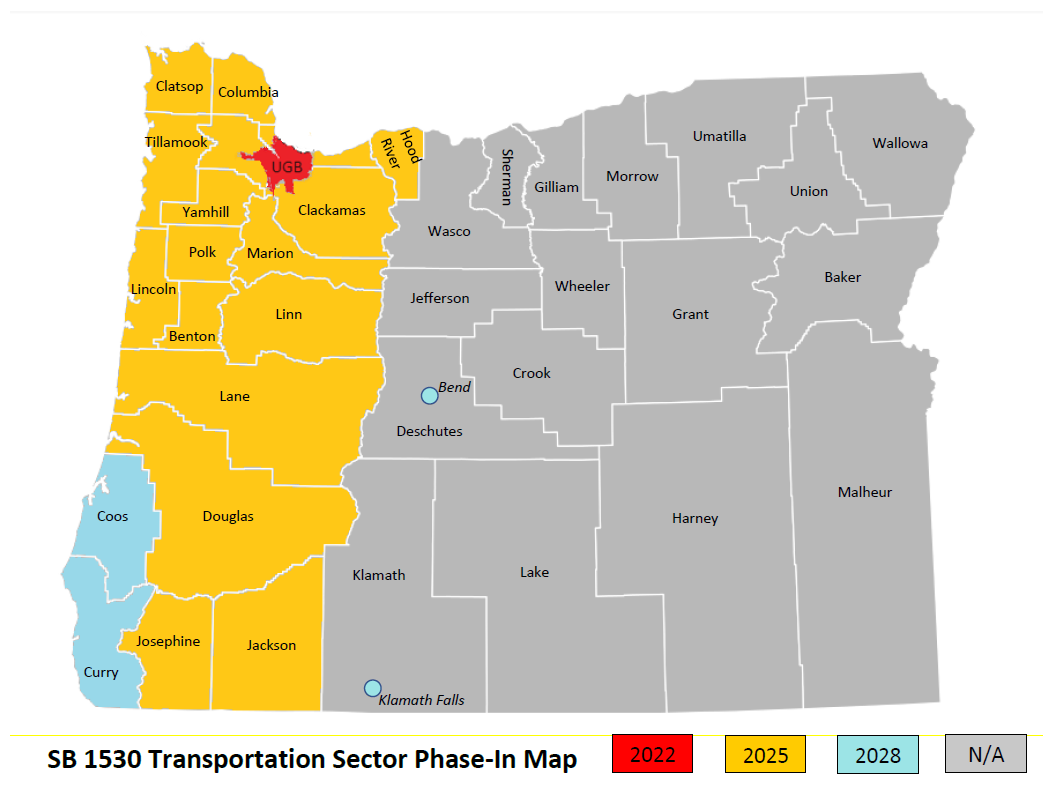What will change?
Cap and trade programs have improved economies. In the states and governments which have adopted cap and trade policies, economies have improved faster than the national average.
Early entry into the clean energy economy helps Oregon stay competitive. SB 1530 creates new jobs by incentivizing clean and renewable industries. SB 1530
Health benefits of reducing pollution
How does this impact budgets for Oregon families?
Creating a cap and trade program and investing in clean energy impacts the state and Oregonians in a variety of ways. Low-income household everywhere will see no, or very minimal, cost increases thanks to specific exemptions and credits.
Energy costs for Oregon families:
SB 1530 invests in electric and heating energy efficiency as well as weatherization programs which will reduce long term costs for Oregonians.
No harmful effects on electricity costs. Oregonians should see no change to their electric bill until after 2030. Thanks to Oregon's efforts to eliminate coal from our energy supply. In addition, the bill will likely result in greater energy efficiency and thus is likely to balance the future cost increase.
No rate increases for Natural Gas for low income Oregonians. Low to moderate income Oregonians should not see changes to their Natural Gas bill and Oregon will grant natural gas utilities allowance to account for natural gas usage. Higher income natural gas customers will likely see small rate impacts which will fall within normal rate change fluctuations. This will look like a $50 increase in the first year of the program, and very cojdgossmall fluctuations in the following years. Increases will be partially offset by the credits contained in the new bill, investments in energy efficiency program by suppliers and continued development in renewable natural gas.
What about the cost to fuel my vehicle?
Senate Bill 1530A was introduced with what is known as a "companion bill". The effect of the companion bill, SB 1578, is to directly help mitigate any increases in fuel costs for low income Oregonians, as well as for fuel used for certain farming and forestry activities.
In addition, the Oregon Greenhouse Gas Initiative follows a regional phase in model in order to prioritize where fuel emissions are the highest and take into account Oregon's varied infrastructure.

Estimates show total minimal increase in fuel costs. Those increases primarily impact moderate and higher income Oregonians in regions of the state participating in the Oregon Greenhouse Gas Initiative. In 2025 the Portland are within the Urban Grown Boundary will begin participation in the program. As a resource to low income Oregonians, the companion bill (SB 1578) provides tax credits to offset fuel costs for lower to moderate income Oregonians. The credits available are higher for rural Oregonians to account for their travel needs and infrastructure limitations.

